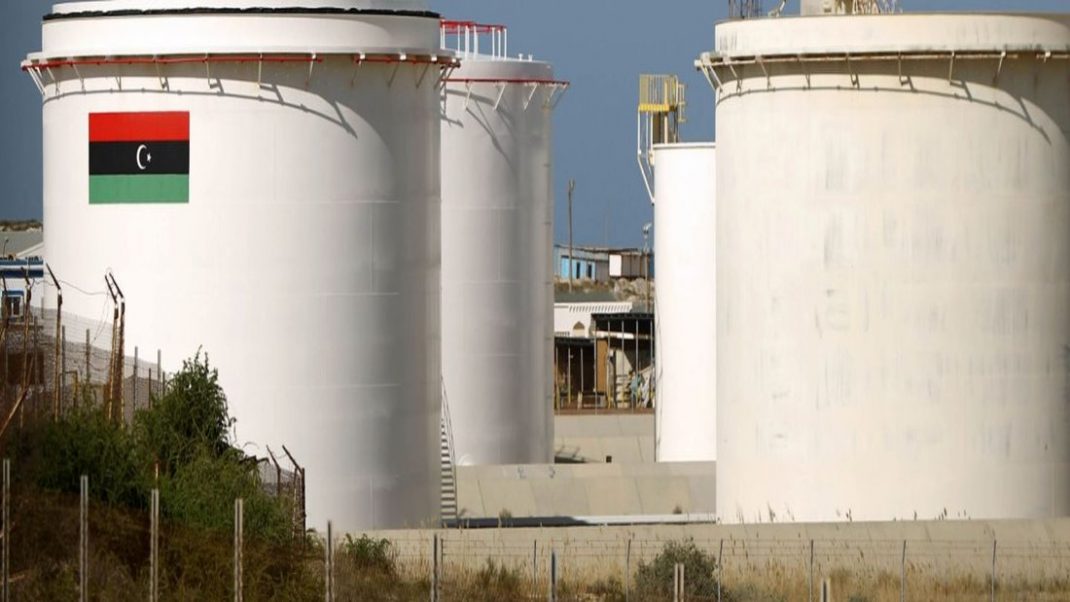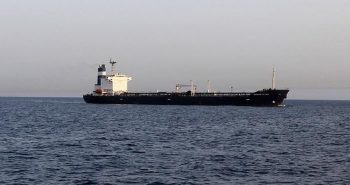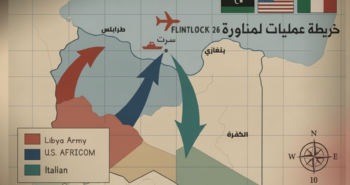
The future of oil investment in Libya is closely tied to the international community’s ability to curb rampant corruption, particularly by tackling the fuel-smuggling network.
Between 2022 and 2024, there was an unprecedented rise in petrol and diesel smuggling, leading to losses of nearly $20 billion in just three years.
Global oil companies are preparing to return once again to Libya’s energy sector after the country launched its first bidding round in nearly two decades to explore and develop new fields. The move has attracted broad interest, particularly from major US companies seeking investment opportunities in a resource-rich but largely untapped country.
Although this development appears promising from a business perspective and aligns with Libyans’ desire for stability and reconstruction, realistic expectations suggest that these new deals will fail to deliver tangible benefits to the population as long as entrenched corruption continues to dominate the energy sector.
Executive Director of The Sentry Justyna Gudzowska wrote in a report published by Foreign Policy that the structural corruption overshadowing Libya’s oil management undermines the sector’s ability to attract sustainable investment, describing it as one of the sectors most deeply penetrated by elite networks that control the country’s wealth and use it to reinforce their influence.
This situation drives up fuel costs for citizens, while billions of dollars that should have been directed towards improving public services and essential infrastructure are squandered.
Against this backdrop, policymakers in Europe and the United States are advised to proceed cautiously so that their investments do not inadvertently empower these networks.
Experts stress that Libya will not be a reliable partner for international institutions unless it has an effective and transparent state capable of holding its institutions accountable. Commercial opportunities that appear attractive in the short term may turn into major risks in the long term if private interests continue to dominate state bodies in both Tripoli and Benghazi.
Recent investigations by The Sentry reveal the vast scale of the smuggling networks operating within Libya’s fuel-subsidy program. Between 2022 and 2024, there was an unprecedented rise in petrol and diesel smuggling, leading to losses of nearly $20 billion in just three years.
A significant portion of these losses stems from the shift since 2021, when the National Oil Corporation (NOC) began directly exchanging crude oil for imported fuel, replacing the previous system in which revenues were transferred to the Central Bank. This mechanism allowed for increased fuel imports without recorded government expenditure, causing imports to surge to around 41 million liters per day by late 2024.
While authorities justified the rise by citing supply-chain changes and increased electricity demand, estimates suggest that the volume of imports far exceeds national consumption capacity, indicating that a large share is being smuggled abroad by land and sea. Benghazi’s old port has become a central hub for re-exporting fuel via “dark” vessels using forged papers to transport millions of liters per shipment.
Local officers and military figures have supervised these activities, providing them with direct and sustained protection. Despite deep political divisions, various Libyan factions have benefited from the illicit proceeds of smuggling. Reports have exposed the involvement of several foreign actors that supported Libya’s civil war, including Russia and Turkey, in this vast and lucrative scheme.
This situation has pushed fuel prices for Libyan citizens to record highs, with some paying up to forty times the official price, while subsidized products are sold to external beneficiaries through organized smuggling networks. In some cases, quantities of diesel, petrol and jet fuel have been channeled to foreign fighting groups operating inside Libya or neighboring countries, fueling further regional conflict. By 2024, the annual value of stolen subsidized fuel was estimated at around $7 billion, roughly 15 percent of total public expenditure.
These funds should have been used to improve healthcare, education and essential services, but instead have become a source of illicit enrichment. The drain has deprived the Central Bank of the foreign currency needed for imports of food and medicine, worsening inflation and weakening the Libyan dinar. In a painful irony, citizens of one of the world’s most oil-rich countries find themselves standing in long queues for fuel, while the black market remains their primary source of supply.
Although the NOC has announced the end of the crude-for-fuel exchange mechanism, import volumes remain inexplicably high, suggesting that large-scale smuggling continues unabated. This comes at a time when global oil companies are seeking to open new horizons in Libya, amid an environment marked by uncertainty and significant security and economic risks. Political interference, competing power centres, and the potential for renewed conflict all threaten long-term investments.
The United States wields considerable influence in this landscape, given that Libya’s oil trade depends on dollar transactions, giving Washington leverage to impose conditions that promote transparency and curb corruption. As negotiations are currently under way between Libyan leaders and major companies such as Exxon Mobil and Chevron, the need for an American role supporting the NOC, as the only technocratic body capable of reliably managing contracts, appears increasingly critical. Yet this role remains fragile so long as fuel smuggling continues to absorb a massive portion of national revenues.
US adviser Massad Boulus has been pushing for the establishment of a transparent NOC budget to curtail off-the-books expenditure. But these efforts, experts say, will be ineffective unless the smuggling networks are confronted directly.
Investigating individuals involved and imposing severe sanctions on them is seen as a necessary step to strengthen deterrence and curb the misuse of public resources. The US administration can also issue formal warnings to American companies regarding intermediaries, traders and shipping firms implicated in exploitation schemes.
Washington states that its Libya policy prioritizes enhancing trade and economic cooperation while supporting institutional unification and the role of the NOC. But engaging with powerful individuals at the expense of legitimate institutions reinforces corruption instead of curbing it. If the United States and its allies fail to support Libyan institutions rather than align with dominant power brokers, corruption is likely to persist and worsen, posing a direct threat first to Libyans and later to international investors.
The future of oil investment in Libya is closely tied to the international community’s ability to curb rampant corruption, particularly by tackling the fuel-smuggling network that drains billions of dollars each year. If Washington wants its companies to succeed over the long term, it must help rein in these networks, which are undermining the state and obstructing any genuine economic progress.
_____________________




